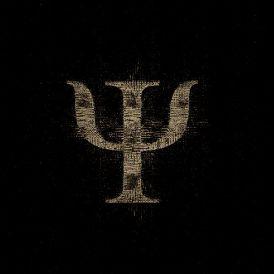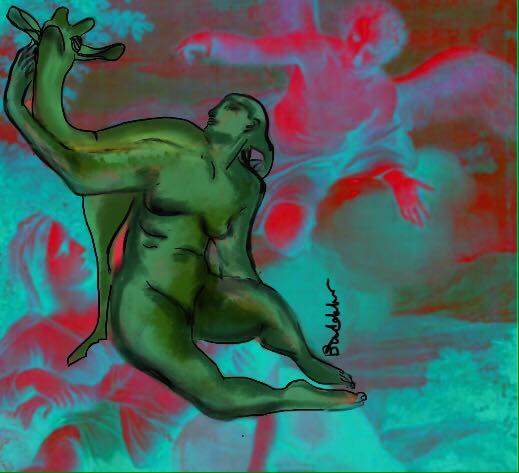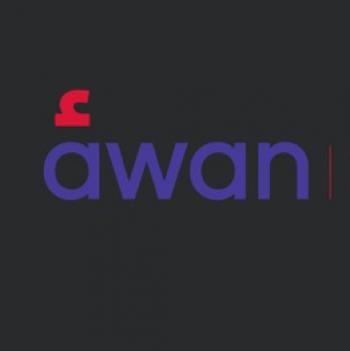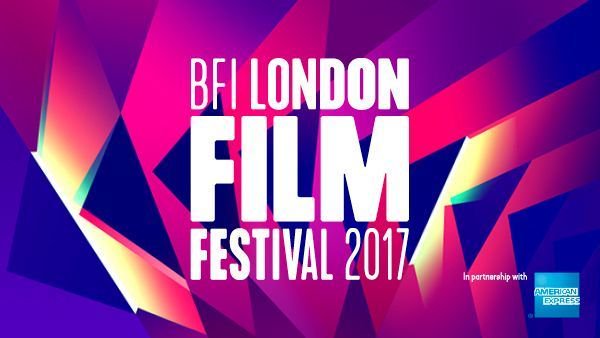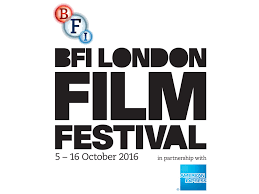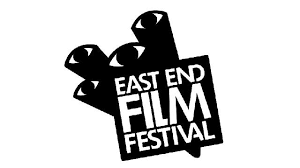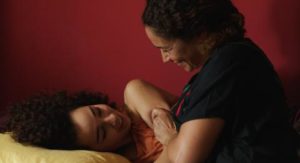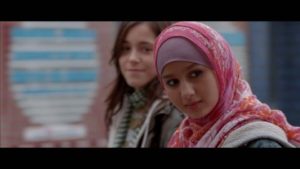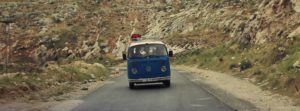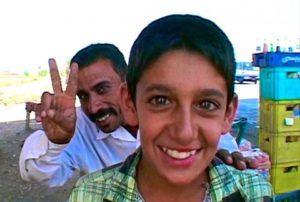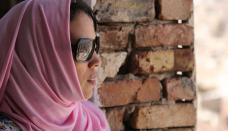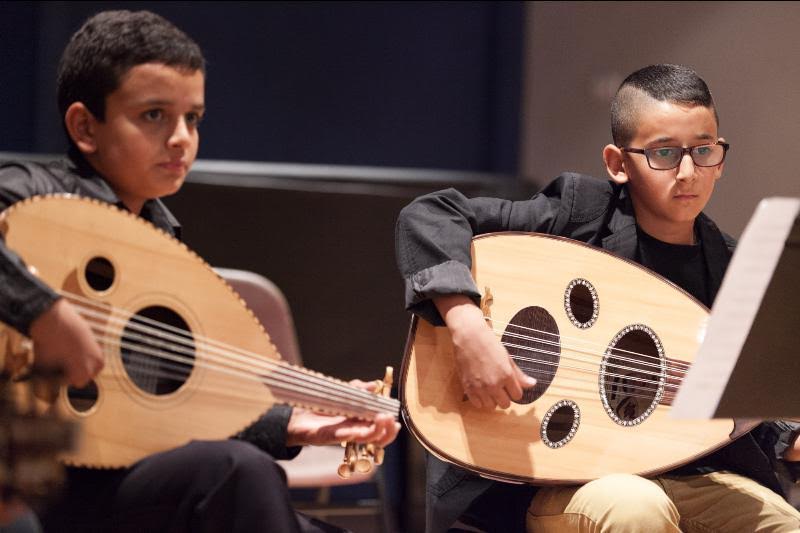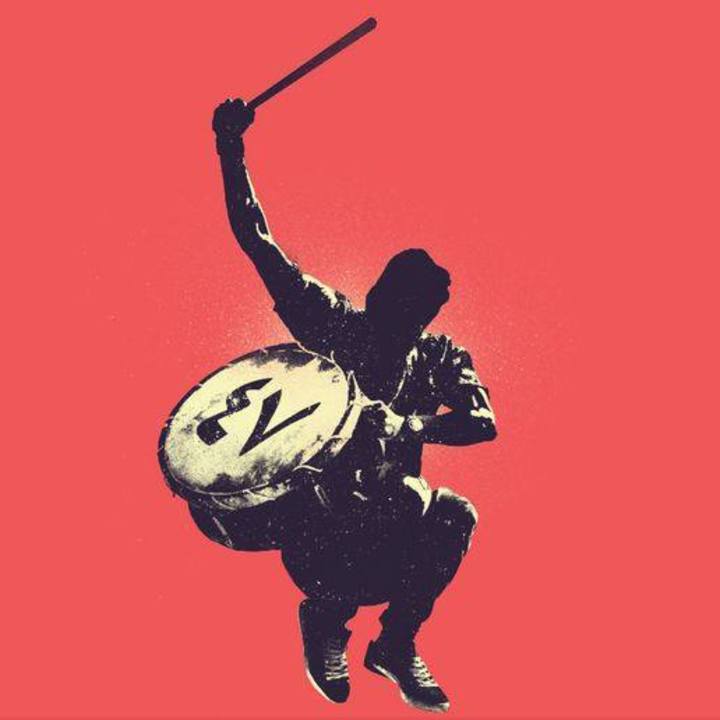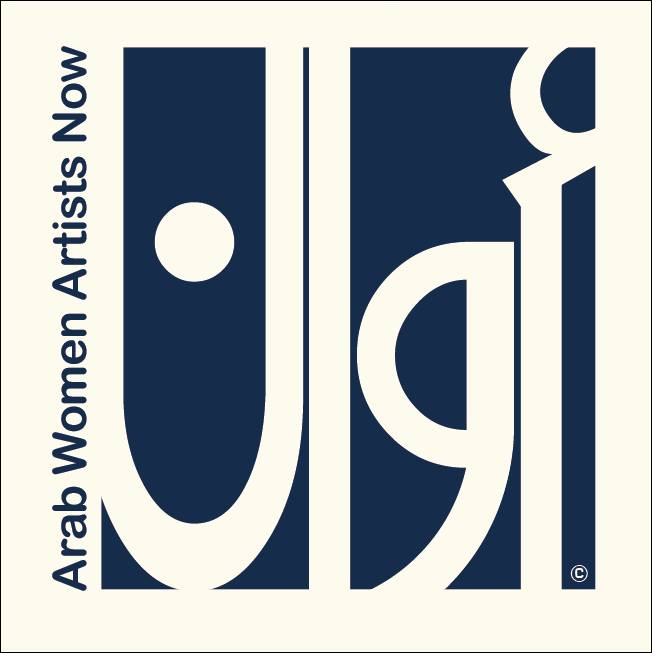Very few Libyans are familiar with the talking cure. They know little about its theories and almost nothing of its practice. Perhaps they never felt the need to rely on its wisdom and have dismissed its potential benefits. In our culture, one’s emotional and mental states are seen as a part of their spiritual character. If they complain of psychological distress, it is seen as a failure in not finding peace in God or religion.
But in Libya today, in every town and city, there is plenty of walking wounded whose pain is not visible; but whose lives are blighted with personal misery and unhappiness. When you look close, there is every case of mild to severe depression, anxiety and panic, unrequited grief from loss, nightmares and flashbacks of trauma. All of these are identifiable psychological and psychiatric disorders. In truth, they don’t even need an expert to recognise the damage.
Instead of letting them suffer for longer, we can perhaps turn to therapy as a viable option to help the Libyans gain perspective. The aim of therapy is to address negative emotional and mental symptoms in an intelligent, humane and sensitive manner and resolve inner turmoil and conflict. It would indeed be a fatal error if Libya does not to explore the possibility. One would hope also that a Ministry of Health would sooner or later deal with the crisis.
Ideally it should provide the knowledge, application and access required to support patients, as therapy has been shown to improve lives with its gentle intervention. There is much good and great benefit for individuals to have private time and a safe space to speak to a trusted practitioner to help them gain closure and be able to move on.
In Libya we’ve never grasped the usefulness of such a method, but the obvious impact of the revolution on certain groups of individuals cannot be denied nor swept under the carpet.
In the aftermath of war, we have male and female rape victims, ex-prisoners, ex-rebel soldiers, young and old widowed women and many others carrying heavy burdens. Being human and vulnerable, they need collective support and non-judgement. The culture has to change its wrong attitude and prejudice towards mental health issues and discard ignorant taboos and stigmas.
One new project to help has been proposed by 40-year-old British-Libyan cognitive behavioural therapist, Taregh Shaban. With his extensive experience in the UK in psychological therapies, he now wants to take the practice of CBT to Libya. Funded by the World Medical Camp for Libya charity based in London, he will head to Misrata sometime in the New Year to train twenty psychology graduates in this model.
Shaban explained: “There is plenty of need and few of us around. There is also a serious lack of expertise and training in what is called ‘evidence-based’ psychological therapies. In Misrata, for example, there are only two psychiatrists for a population of approximately 400,000; and, the psychology graduates are only a little better informed than a layperson. I personally wouldn’t have them see people, as they can presently do more damage than good.”
With a budget of £30,000, he is waiting for the green light so he can ask for a work sabbatical from his job in Oxford and commit to the project. He will work in conjunction with the Libyan psychiatrists, Dr Ahmed Sewehli and Dr Mustafa Shuqmani, at the University of Misrata and take with him a qualified mental health nurse and two other CBT practitioners from the UK.
At the same time, Shaban is proud that the CBT pioneer of the low-intensity psychological intervention, Professor Dave Richards, has agreed to provide the teaching material and advice on the phone free of charge.
I asked Shaban to give me his full take on this project.
Shaban said: “Based on extensive research, we know that the CBT model is very effective in treating depression and anxiety disorders. Another advantage is that it can deliver results in a relatively short time span. Primarily based on helping the patient challenge the way he thinks about himself, the world and people around him, he is allowed to replace any erroneous thoughts and beliefs with more realistic ones – leading him, hopefully, to behave in a more helpful way and ultimately to feel better.
“CBT also focuses on the here and now – as opposed to other therapies that look to the past – and includes the patient doing homework between sessions so that he can practice and develop the techniques learned in therapy. The ultimate aim of any good CBT therapist is to make himself redundant and for the patient to become his own therapist. CBT is therefore quite demanding and requires commitment.
“There are now several levels of qualification and training in CBT interventions and I believe we can train the Libyan graduates to deliver Steps I and II of the system. Within 45 days of workshops, trainees can begin the work and I envisage that each will eventually have a caseload of up to 40 patients.
‘Our goal is to teach the modules directly relevant to Libya with the view of building capacity for the future. I will stay on to supervise and make sure the trainees apply the knowledge correctly. After three months, we will evaluate the project; and, if we do well, we can then think about rolling it out to other towns and cities.
“Mainly, we will deal with individuals exhibiting trauma-type symptoms, having depression and a whole host of anxiety disorders. We will also help some to deal with grief and others suffering from the effects of negative intra-familial and social relationships and adjustment to tragic life events.
“These latter types of cases are not strictly speaking within the training brief we have set ourselves, but I suspect we will do some sort of training in supportive-counselling skills towards the end of the project.
“Importantly, we want access to our services through initial consultations at the poly-clinics and general hospitals in Misrata – so that we can perhaps mediate some of the stigma attached to visiting specialist mental health establishments.
“For the rebel freedom fighters, of course, we face a tougher task. We are concerned about post-traumatic stress disorder and rehabilitation. Under usual circumstances, professional soldiers are trained and gradually exposed to the stress, anxiety and fear associated with live combat. Most professional soldiers also get a month out somewhere calm to decompress. This is done to reduce arousal levels and for them to re-acclimatise to a civilian lifestyle.
“Our fighters have had no such preparation and no subsequent period for readjustment. Some will still be on a high from the adrenaline rushes they experienced during the fighting and will need time in a safe rehabilitation environment; where they can have structured activity programmes, group therapy and offered skills training to prepare them to return back to normal life.
“Rape victims are another group who will need specialised help. One cannot begin to imagine the level of distress and awful feelings of self-guilt and shame- though unfounded – these very unfortunate people must be enduring. We need to reach them and work with them in a discrete and trusted environment.
“From my professional experience, I believe we should take advantage of these evidence-based therapy and counselling models offered in the West. CBT has proved to be very effective for common emotional difficulties in randomised controlled trials and is now recommended as the treatment of choice by the National Institute for Health and Clinical Excellence (NICE) in the UK.
“Yes, such models will need adaptation in a new cultural context, such as Libya, but they are a very useful starting point. My hope really is to offer these culturally sensitive psychological therapies to every Libyan who needs them, and to build capacity and resources in the country itself. I don’t know if this is too wild a dream but I sometimes think we have to aim for the absurd in order to reach the possible.”
One wishes Shaban every success, with the hope that those in most dire need get the treatment they deserve.
Note: This article was first published in The Libyan Magazine circa February 2012

